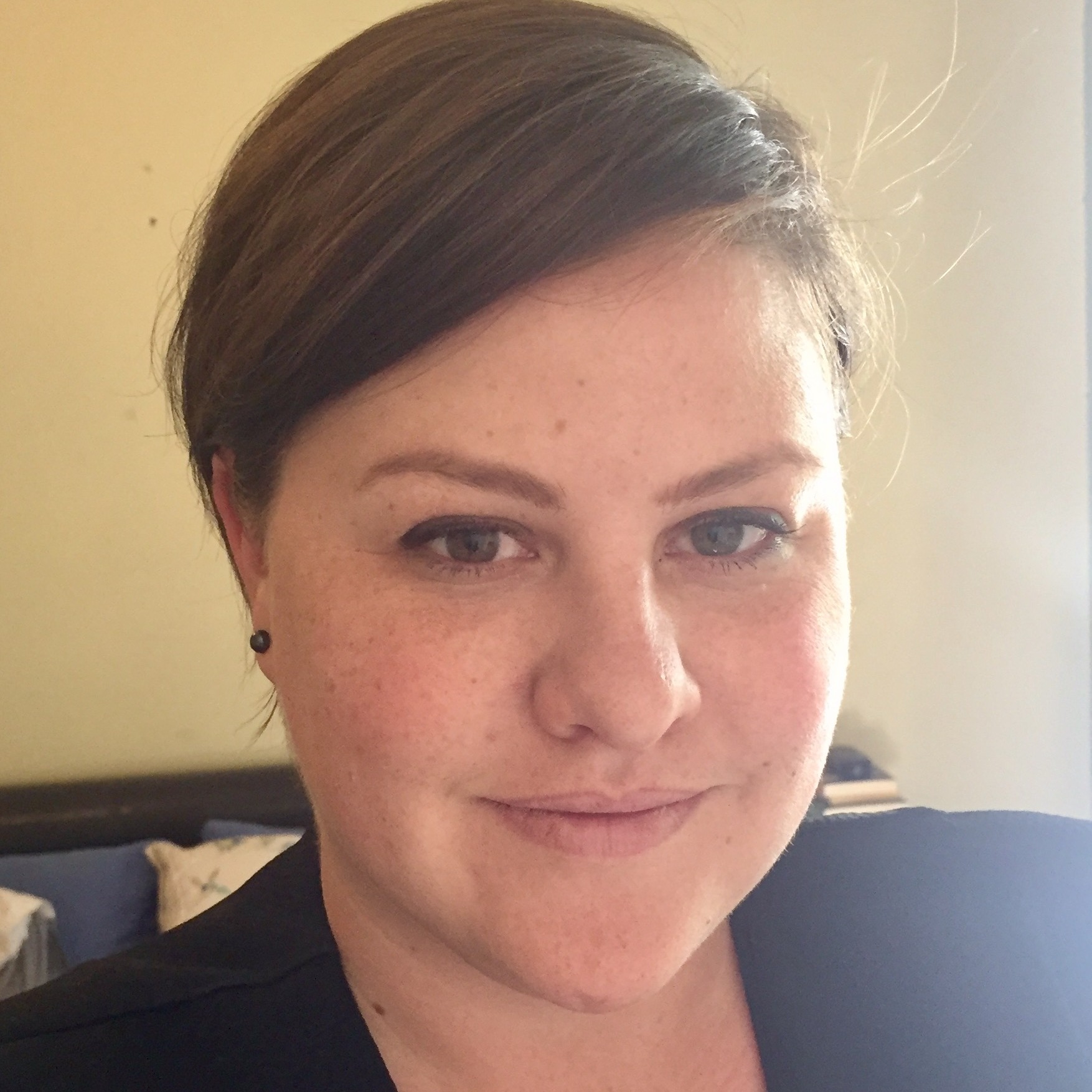What if we could achieve major economic growth in a single generation? What if a lack of good education or even rampant corruption were not barriers to this growth?
What if our accepted version of African history – with all the bad news and cautionary tales stitched into the narrative – were a blip in the real history of the continent; a discourse that hides our true achievements and potential? Mqondisi Gumede, joint MD strategy and business development at Fogg, has a theory that pokes holes in so many of our “common sense” beliefs about growth and prosperity that the audience at his Finance Indaba Africa presentation on 13 October 2017 sat still, seemingly shell-shocked, after his final words had faded. All that in a talk with a deceptively simple title: We have our rainbow. Now where is our gold?
[cfocoza-cta slug=finance-indaba-africa-2019-register-for-free]
Speaking to a full room, Mqondisi was upfront about the challenges of his presentation, saying it was full of provocations, and that he would be debunking many of our most treasured beliefs on these topics. He did so with such an accessible story-telling flow, and with the hard evidence to back him up, that the audience nodded along like religious converts.
Mqondisi’s central premise was built on examining what is and is not a necessary condition for growth. Key to this is distinguishing between correlation and causation in the stories we tell of great economic growth. Ultimately, he said, his talk aimed to prompt his audience to ask what we can do to ensure the “pot of gold” (prosperity for all in a post-apartheid South Africa) is something we can make tangible within our lifetime. To do that, he explored what is holding us back – and what we mistakenly believe is holding us back.
He argued that we’ve tried “freedom”, tried a head start, tried hard work, and seen that none of these are sufficient. As George Monibot has said, “If wealth was the inevitable end of hard work, every single woman in Africa would be a millionaire.”
Mqondisi provided solid counter-examples that show growth is possible in even the most corrupt countries; countries with poor war-torn pasts, and countries with low education quality and attendance rates. He showed through anecdote how even the most ethical and well-intentioned “benevolent dictator” can serve social justice but is not necessarily equipped to prompt economic growth for broad-based prosperity.
At this point, Mqondisi shifted focus, asking what it is then that prosperous companies have in common. He pointed to complex products, with strong export viability.
“A country’s economic performance is directly linked to how complex the nation’s products are, and whether they export them. Complexity speaks to the value you add into the product before you sell it.”
While he strongly supports the achievement of social justice ends, Mqondisi argued that we can have that conversation when we all have roofs over our heads and food on our table. Finally, and crucially, he argued, we don’t need the whole country to take these steps. Just a few large conglomerates adding complexity and exporting “are required to pursue this, and then we can drag this country into the place we know we belong – at the summit of financial and economic prosperity and success”.










